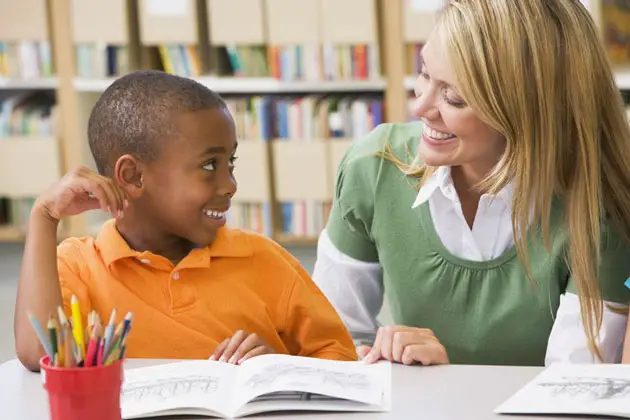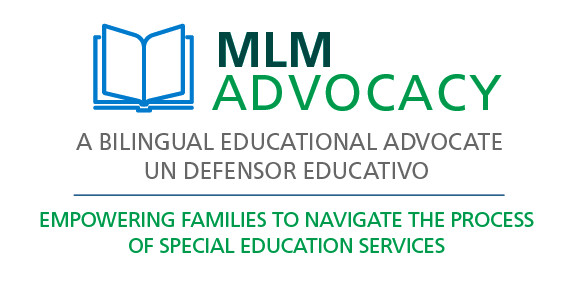Into the Mainstream: At Third-Grade, Son Transfers to 'Typical' Classroom
Get kid-friendly activities sent to you!
Get the Best Family Activities
Meeting other special needs parents by happenstance on a playground felt to me as if I’d run into an old friend in a foreign country. I didn’t have to worry about my son becoming overexcited and heading straight toward a lovely head of hair, because they wouldn’t get weird on me if he did. I didn’t have to worry about him making “beeping” noises when he got excited and felt socially overwhelmed. I didn’t have to answer the same questions over and over again: “Is he autistic?” No, he’s not, but what if he was? So what? Or, “What’s wrong with him?”, a real doozy and teaching moment which I grew to ignore after initially getting ticked off. Was it my responsibility to educate people on the insensitivities of their language? Or finally, the sentence that I know was supposed to make me feel better, even if I wasn’t feeling bad in the first place: “It doesn’t seem like anything is wrong with him.” To that… “Thanks, there’s not…” In my support group, I learned how to cope with the anger I felt toward family and close friends who would say that he was normal. “Thanks, he’s been working so hard.”
When I had first gotten Jamie into his therapeutic nursery I was anxious to speak to any other mom who’d been through it. One, who had a teenaged son with special needs, told me she’d recently gone through a closet and thrown away a giant box of paperwork related to his journey: the legal papers, the IEPs, the reports, the medical paperwork. “I looked at him and realized he’s just who he is, and I don’t need to define him in this way anymore.” I have my own box of paperwork that I’d love to chuck out the window. I’m not quite ready, but it has to do with my relationship to his special needs, not his own.
I’m not sure if I’ll ever forge the same kind of friendships with the new mainstream parents I’m meeting. The conversations on the playground now revolve around things besides our kids’ struggles and therapies. It’s all normal stuff like homework and soccer and which karate class does your kid take? I like to imagine that my old friends are just across a small stream. I can wave, and I can jump across if I need to, but the new terrain is calling me and it’s quite beautiful.
For an update on how the author's son fared one year after being mainstreamed—including the new set of challenges she faced as a parent—read part-two in this series.







